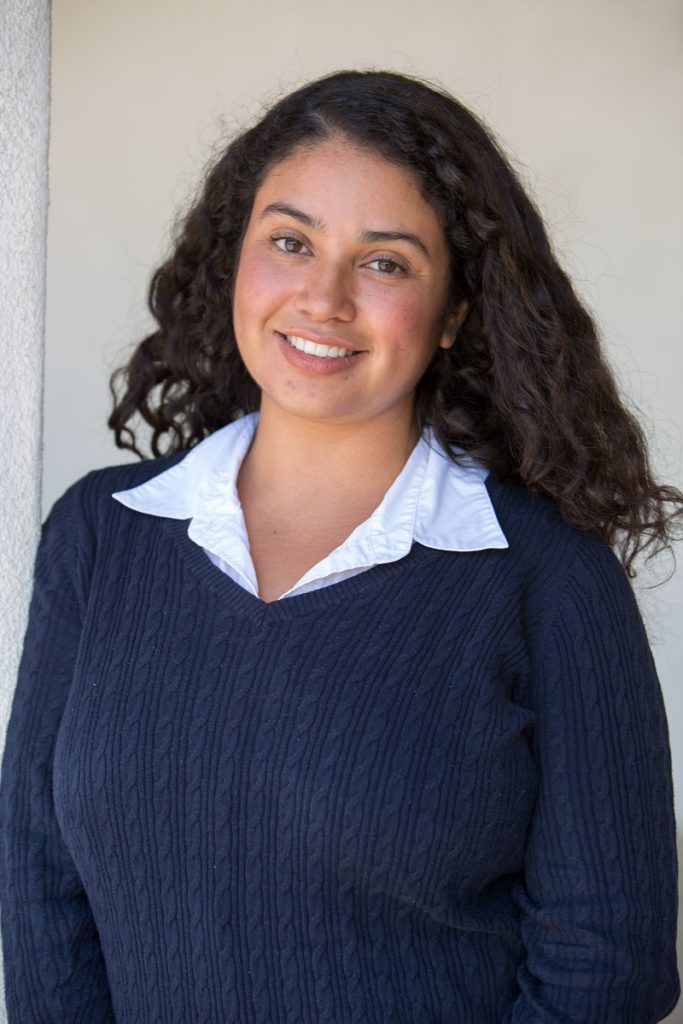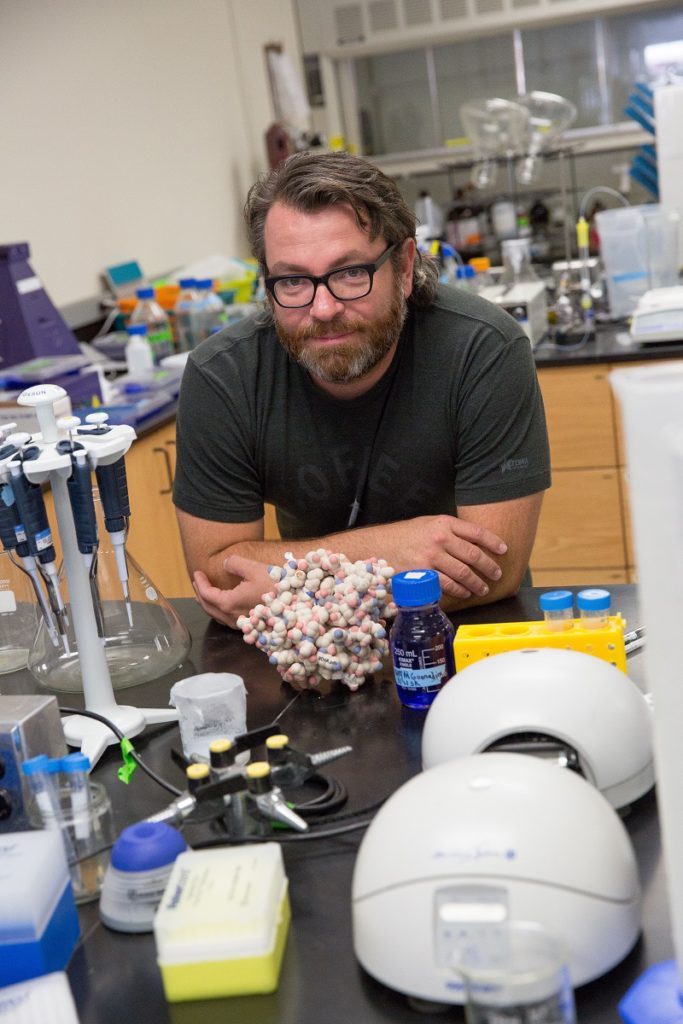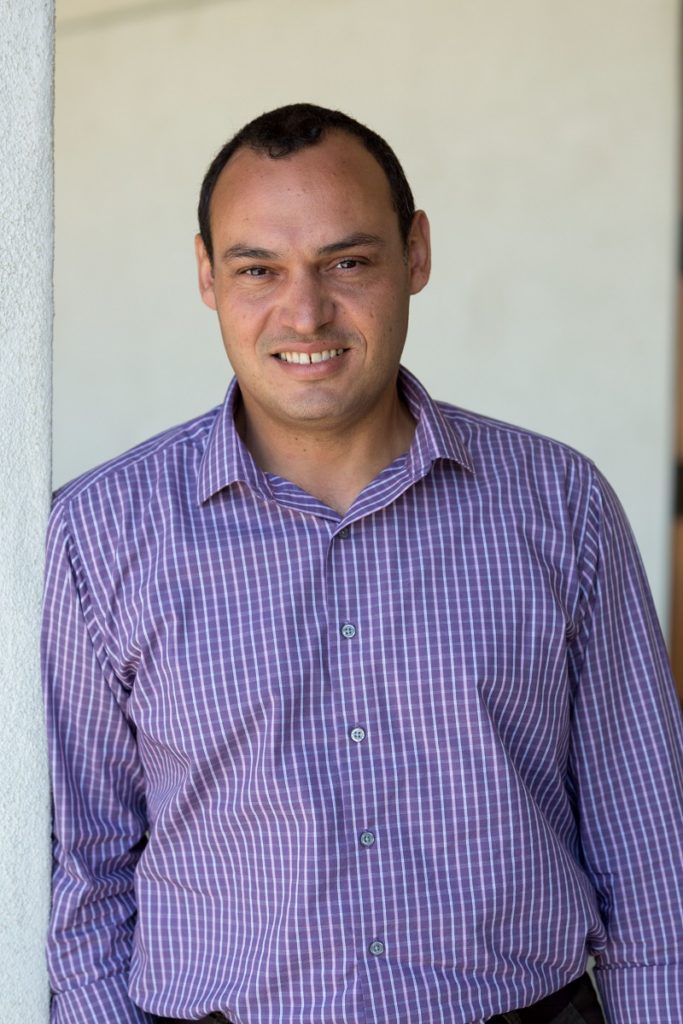CAMARILLO — CSU Channel Islands (CSUCI) and three other Hispanic Serving Institutions (HSIs) have received individual grants to collaborate to create and test a pilot program designed to increase diversity among science, technology, engineering and math (STEM) professors in higher education.
CSUCI, UC Santa Barbara (UCSB), UC Merced (UCM) and CSU Fresno (CSUF) received the grants from National Science Foundation (NSF) to encourage STEM graduate students to consider teaching at a PUI, or a Primarily Undergraduate Institution. CSUCI’s grant will total $240,000 over the five-year span of the project.
The collaborative effort is called the Alliances for Graduate Education and the Professoriate (AGEP) HSI Alliance to Increase Underrepresented Minority Faculty in Stem.
Each of the UCs in the project is paired with a CSU: CSUCI will work with UCSB and UC Merced will work with CSU Fresno.
“We’re going to create partnerships between five graduate students from UCSB and five CSUCI faculty from a range of STEM disciplines beginning in spring of 2020,” explained Professor of Chemistry Blake Gillespie, Ph.D., principal investigator of the grant. “The graduate student will come into CSUCI’s classrooms and work directly with our students.”
The goals of the project are to increase the number of underrepresented minority STEM instructors in higher education and to give STEM graduate students a broader set of career choices than they might have considered.
“The UCs tend to hire faculty who are mainly focused on research,” explained Assistant Professor of Mathematics Cynthia Flores, Ph.D., who co-authored the grant. “The CSUs do research, but we balance it with teaching. The CSUs tend to hire faculty who demonstrate that they can balance the two responsibilities.”
The other co-author of the CSUCI grant was Assistant Professor of Chemistry Ahmed Awad, Ph.D. All three grant participants believe the pilot project is a “win-win” for both institutions.
“The students at the UC are benefiting with a teaching position they might not have otherwise had the opportunity to experience,” Gillespie said. “And what we’re trying to do at CSUCI is create a pipeline of highly-qualified candidates for our STEM faculty.”
Gillespie said another goal of the project is to create a model for other tiered university systems. Working with the NSF gives the model a nationwide platform to then share that model.
Flores, who will serve as one of the five faculty mentors, said the graduate mentees will discover both intellectual and human rewards and challenges by working at CSUCI, where 80 percent of the students receive financial aid.
“We have to be trained to learn to react to a variety of situations,” Flores said. “Here, we’re talking about a tutor who may face homeless students or students raised in a foster care system. They may not be coming to class because they’ve been evicted, or because they are a single parent and don’t have child care. We’re dealing with real life situations. Situations you won’t hear about in a more privileged population.”
Flores stressed that she is confident that, if these practical matters are addressed, this population of students has tremendous potential to thrive.
Another advantage the STEM graduate mentees will provide for CSUCI students is a chance for undergraduates to be taught by someone closer to the average age of a college student. And the graduate mentees will gain real classroom experience and learn about the broader pool of job opportunities.
“If you only think about applying to research institutions, you’ve radically limited the jobs you’re eligible for,” Gillespie said. “And at an institution like ours, all faculty have a direct impact on their students’ lives.”
About California State University Channel Islands: CSU Channels Islands is reimagining higher education for a new generation and era. We are an innovative higher education institution that enables students to succeed and thrive, serves as an engine for social and economic vitality and provides the intellectual resources necessary for a thriving democracy. With more than 7,000 students, 1,200 employees and 16,000 alumni, CSUCI is designated by the U.S. Department of Education as a Hispanic-Serving Institution and is committed to serving students of all backgrounds from the region and beyond. Our strong academic programs focus on business, sciences, liberal studies, teaching credentials, and innovative master’s degrees. Connect with and learn more by visiting CSUCI’s Social Media.



